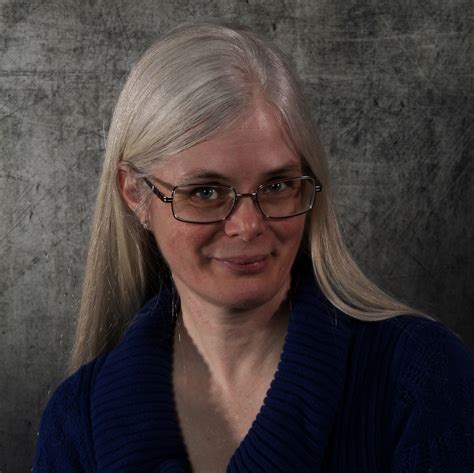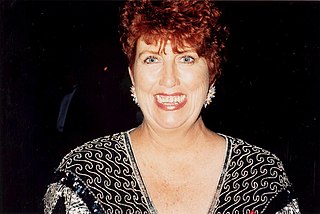A Quote by Andre Naffis-Sahely
The real question should be: what makes a good political poem? The possible answers to that question are both obvious and yet still a little too subjective for anyone to ever fully agree on. What do I most wish to see in a political poet? Sublimated rebellion.
Related Quotes
Let me see: art and activism. I can always fall back on, "the question should be, what isn't political? Everything you do is political, even if it's abstract. You're making a political statement even if it's unwittingly." I think so much of art is unconscious anyway, the artist doesn't know the real reason they're doing it. They're just kind of going along with it intuitively.
My feeling is that most political poetry is preaching to the choir, and that the people who are going to make the political changes in our lives are not the people who read poetry, unfortunately. Poetry not specifically aimed at political revolution, though, is beneficial in moving people toward that kind of action, as well as other kinds of action. A good poem makes me want to be active on as many fronts as possible.
The poem is not, as someone put it, deflective of entry. But the real question is, 'What happens to the reader once he or she gets inside the poem?' That's the real question for me, is getting the reader into the poem and then taking the reader somewhere, because I think of poetry as a kind of form of travel writing.
You can't just stop technological progress. Even if one country stops researching artificial intelligence, some other countries will continue to do it. The real question is what to do with the technology. You can use exactly the same technology for very different social and political purposes. So I think people shouldn't be focused on the question of how to stop technological progress because this is impossible. Instead the question should be what kind of usage to make of the new technology. And here we still have quite a lot of power to influence the direction it's taking.
What makes a terrorist? Are the drivers primarily political or economic? Princeton economist Alan Krueger has made a great study of this question...What Makes a Terrorist lacks a question mark. That's because Krueger, marshaling persuasive statistics and analysis, comes down firmly on the side of politics, noting most terrorists are middle-class and well-educated.
The most obvious ones inspiring me are probably women in political life. There are also many women in artistic endeavors, but if they're painters, you don't necessarily see them, or if they're actors, you see the role they're playing. In political life, you see women of enormous courage and smarts and humor, and that releases the talent, especially in little girls who are watching.
In the Marquette Lecture volume, I focus on the question in the title. I emphasize the social and political costs of being a Christian in the earliest centuries, and contend that many attempts to answer the question are banal. I don't attempt a full answer myself, but urge that scholars should take the question more seriously.
Every once in awhile, find a spot of shade, sit down on the grass or dirt, and ask yourself this question: “Do I respect myself?” A corollary to this question: “Do I respect the work I’m doing?” If the answer to the latter question is NO, then the answer to the former question will probably be NO too. If this is the case, wait a few weeks, then ask yourself the same two questions. If the answers are still NO, quit.






































